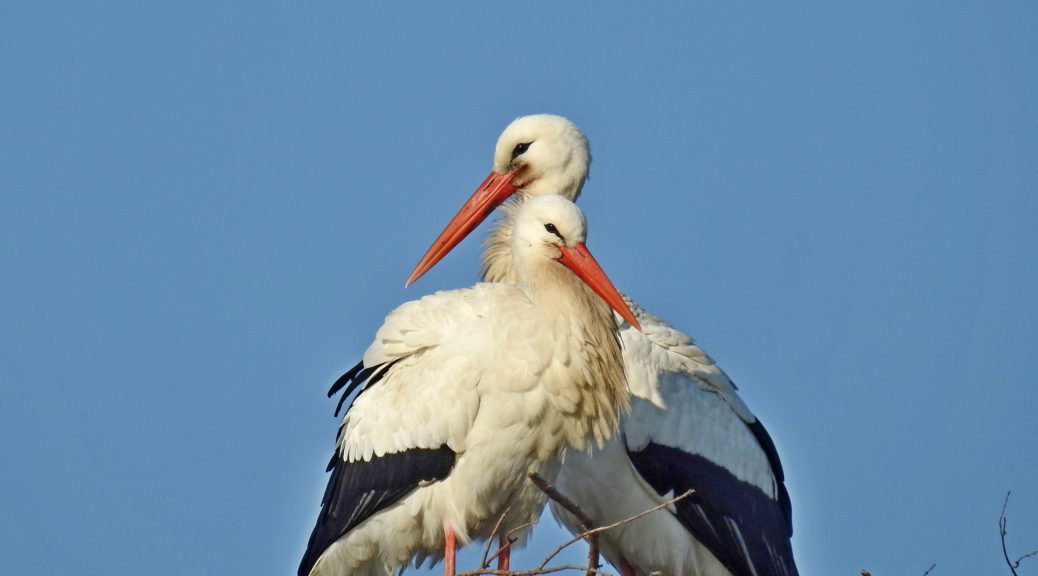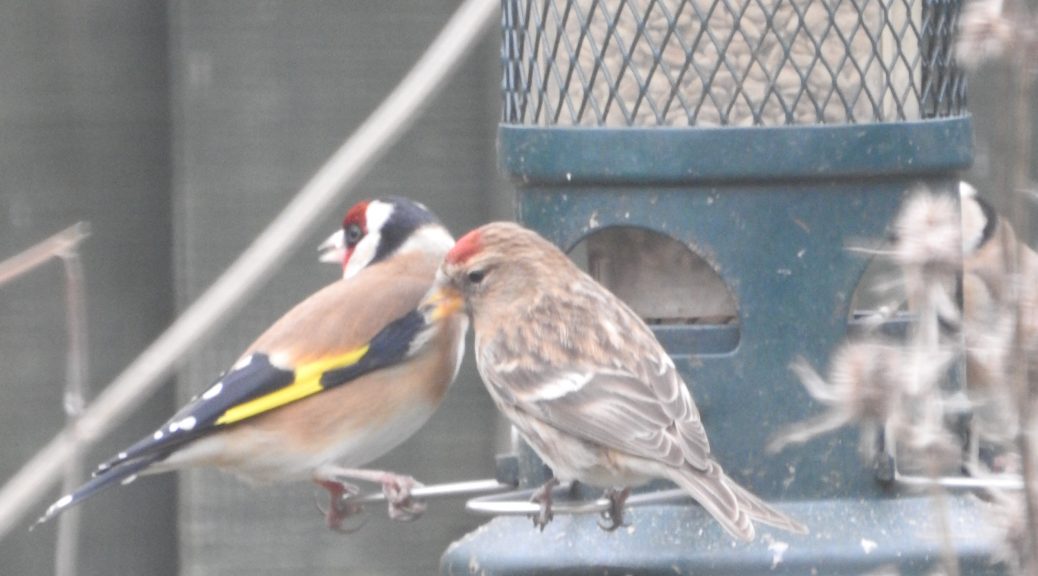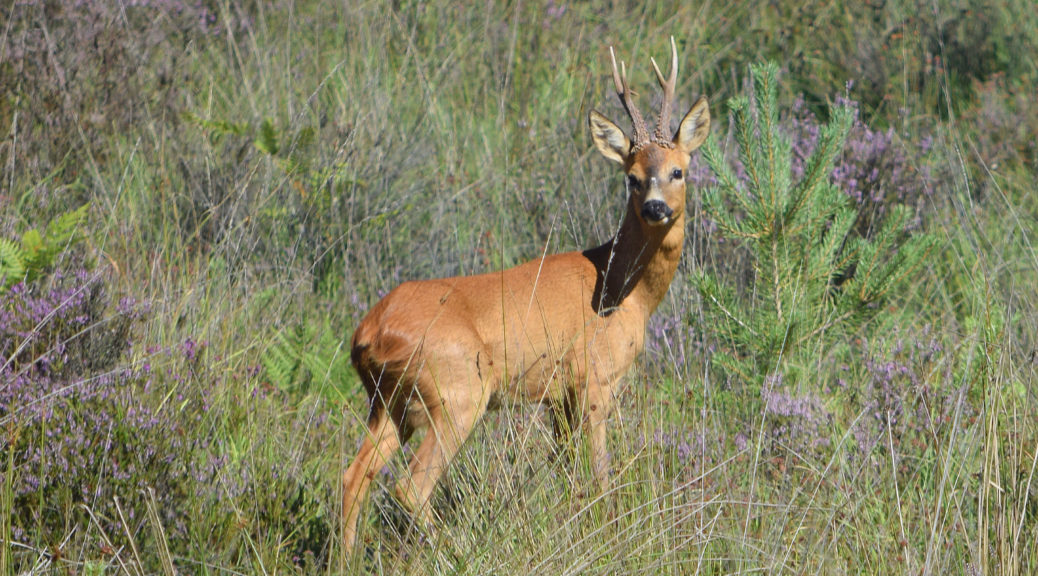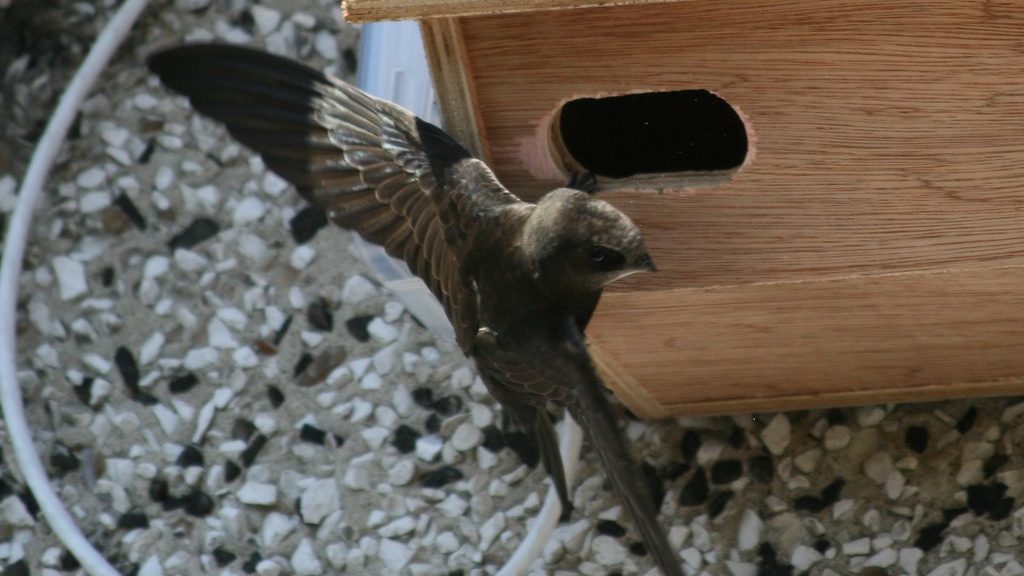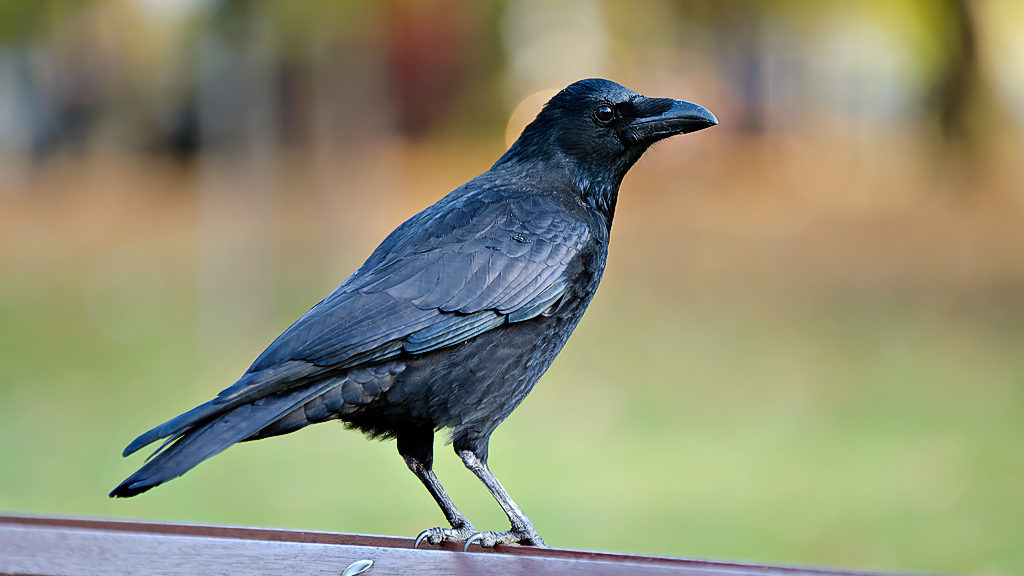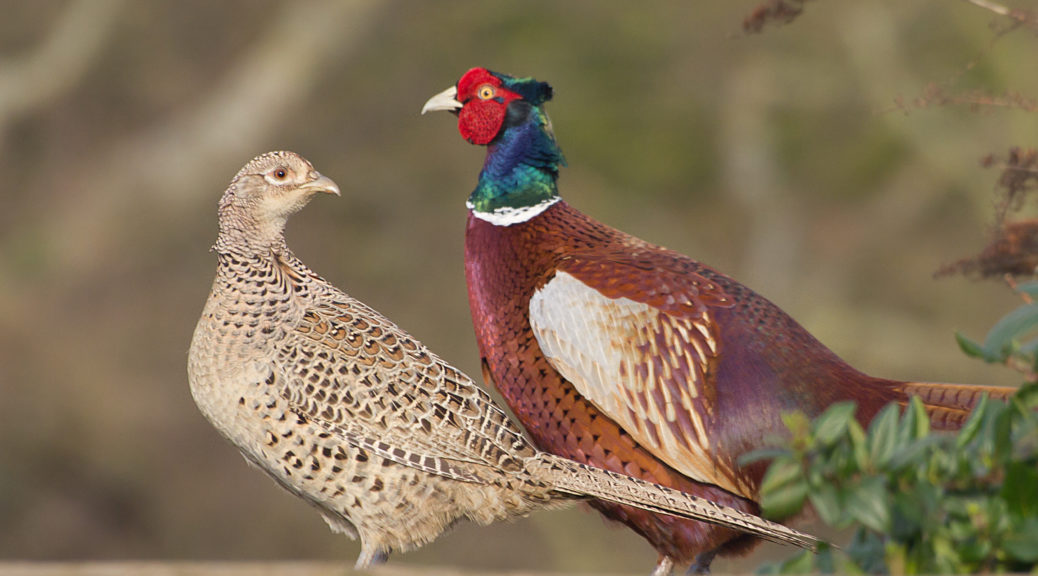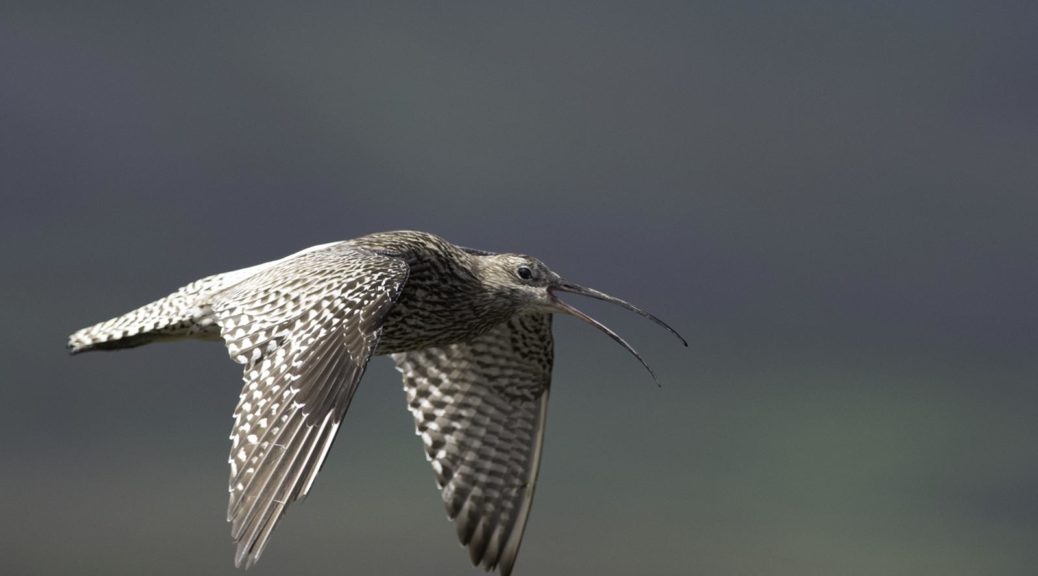Discover Wildlife reports, recently dubbed the ‘panda of UK conservation’ by ministers, the curlew is classed as a priority species in the UK, where it faces an uncertain future. Here, their population has seen an overall decline of 42 per cent between 1995 and 2008.
Understanding the fragile state of Britain’s curlew population, experts at Wildfowl and Wetlands Trust (WWT) decided to intervene, taking a hands-on approach.
The charity rescued over 50 curlew eggs from nests on military airbases in Norfolk, where they would have been destroyed under licence to protect air safety. The chicks were raised at Slimbridge Wetlands Centre, before being released onto reserves in Gloucestershire when they were old enough to fly.

